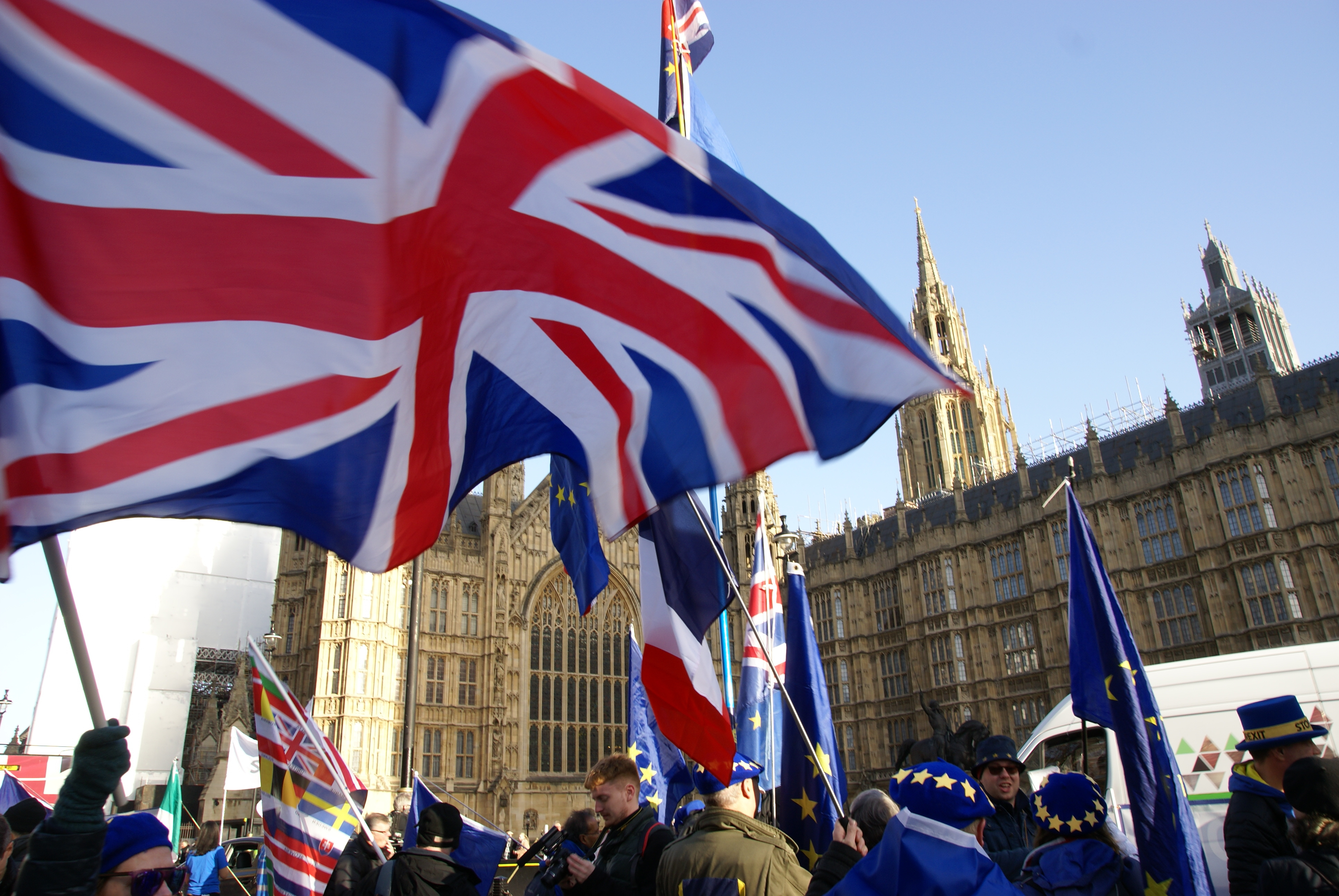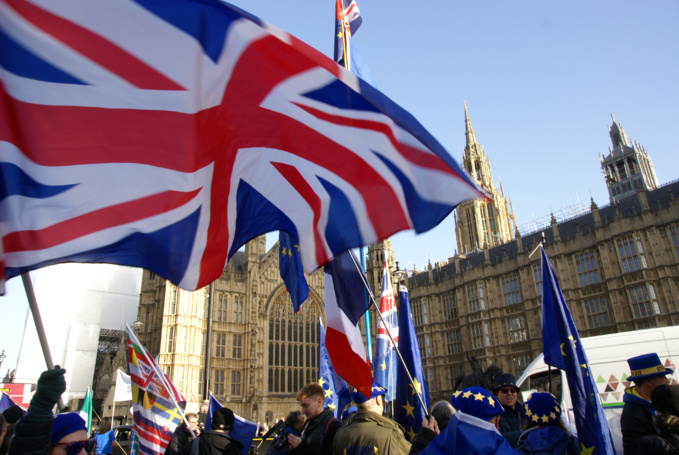Initially, it was assumed that the number of European parliamentarians would be reduced to 705 after Brexit, while some of the British seats were to be given to other EU states, and 46 mandates were supposed to be reserved for future EU members in the event of its further expansion.
The failed Brexit makes a dramatic backdrop for the upcoming elections. Even if the British House of Commons votes for the long-suffering draft agreement on withdrawal, this will only be the beginning of a transition period during which London and Brussels will have to continue to poison each other’s life during further difficult negotiations.
“We will reduce the number of seats in the European Parliament the day after Brexit,” Antionio Tajani, the European Parliament member assured last week after the EU summit in Sibiu, Romania, where the upcoming change of power in EU institutions was one of the main topics.
Meanwhile, one of the main ideologues of Brexit, the former leader of the British Independence Party, MEP Nigel Farage already threatened to “arrange chaos” in the European Parliament of the future convocation, if according to the upcoming elections he will be re-elected in the EU legislature.
According to the latest polls of YouGov, commissioned by The Times, the Brexit party can count on 34% of the votes of British voters in the upcoming elections to the European Parliament this week. The party is significantly ahead of the two leading political forces of the country - Labor (16% of the votes) and the ruling conservatives led by Prime Minister Theresa May (10%).
“It’s not easy for us to explain to French, Polish and Austrian citizens why the country that is leaving the EU will again have the most weight when making decisions in the European Union. This is a political challenge,” Manfred Weber, the leader of the European People’s Party in the European Parliament, defined meaning of the collision.
Against this background, on the eve of the upcoming elections to the European Parliament, a new intriguing statement was made by the head of the European Council, Donald Tusk, who still admits the possibility of maintaining British membership in the EU. “Today, in my opinion, we have from 20% to 30% chance that Brexit will not happen. This is not so little,” Mr. Tusk said at the end of last week in an interview with the Spanish newspaper La Vanguardia.
“With each passing month it is becoming increasingly clear that the UK’s exit from the EU will differ from what the Brexit promoters represented. I see no reason to surrender,” said Donald Tusk, whom Nigel Farage calls the “unelected hooligan”.
source: reuters.com, bbc.com
The failed Brexit makes a dramatic backdrop for the upcoming elections. Even if the British House of Commons votes for the long-suffering draft agreement on withdrawal, this will only be the beginning of a transition period during which London and Brussels will have to continue to poison each other’s life during further difficult negotiations.
“We will reduce the number of seats in the European Parliament the day after Brexit,” Antionio Tajani, the European Parliament member assured last week after the EU summit in Sibiu, Romania, where the upcoming change of power in EU institutions was one of the main topics.
Meanwhile, one of the main ideologues of Brexit, the former leader of the British Independence Party, MEP Nigel Farage already threatened to “arrange chaos” in the European Parliament of the future convocation, if according to the upcoming elections he will be re-elected in the EU legislature.
According to the latest polls of YouGov, commissioned by The Times, the Brexit party can count on 34% of the votes of British voters in the upcoming elections to the European Parliament this week. The party is significantly ahead of the two leading political forces of the country - Labor (16% of the votes) and the ruling conservatives led by Prime Minister Theresa May (10%).
“It’s not easy for us to explain to French, Polish and Austrian citizens why the country that is leaving the EU will again have the most weight when making decisions in the European Union. This is a political challenge,” Manfred Weber, the leader of the European People’s Party in the European Parliament, defined meaning of the collision.
Against this background, on the eve of the upcoming elections to the European Parliament, a new intriguing statement was made by the head of the European Council, Donald Tusk, who still admits the possibility of maintaining British membership in the EU. “Today, in my opinion, we have from 20% to 30% chance that Brexit will not happen. This is not so little,” Mr. Tusk said at the end of last week in an interview with the Spanish newspaper La Vanguardia.
“With each passing month it is becoming increasingly clear that the UK’s exit from the EU will differ from what the Brexit promoters represented. I see no reason to surrender,” said Donald Tusk, whom Nigel Farage calls the “unelected hooligan”.
source: reuters.com, bbc.com



















